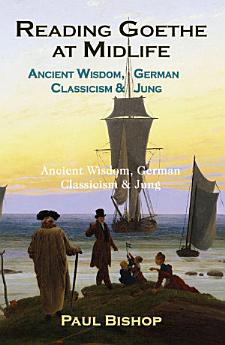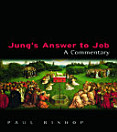Reading Goethe at Midlife: Ancient Wisdom, German Classicism, and Jung
About this ebook
Reading Goethe at Midlife reveals the remarkable symmetry between the ideas and Jung and Goethe. Jung’s analysis of the stages of life, and his advice to heed the “call of the self,” are brought into the conjunction with Goethe’s emphasis on the importance of hope, showing an underlying continuity of thought and relevance from ancient wisdom, via German classicism to analytical psychology.
At a time when many Jungians are turning to neuroscience to provide an external underpinning for Analytical Psychology, this scholarly book is very welcome: it returns to psychology’s home territory, placing Jung firmly in a long cultural tradition. Impressively well-read in many fields extending from literature and the history of ideas to psychoanalysis and Jungian studies, Paul Bishop allows a text by Jung and a late poem by Goethe to mirror and enhance each other, demonstrating Jung's intellectual proximity to the tradition of German classicism. The wealth of “amplifications” that Bishop brings to the many themes treated allows us to experience a living reality—a continuity of ideas across different times and cultures.
About the author
Paul Bishop B.A., D.Phil., studied at Oxford University and his Professor of German at the University of Glasgow. His research is focused on the intellectual background to analytical psychology. His books include Analytical Psychology and German Classical Aesthetics (two volumes), Jung’s “Answer to Job”: A Commentary, and The Dionysius Self: C.G. Jung’s Reception of Friedrich Nietzche.







